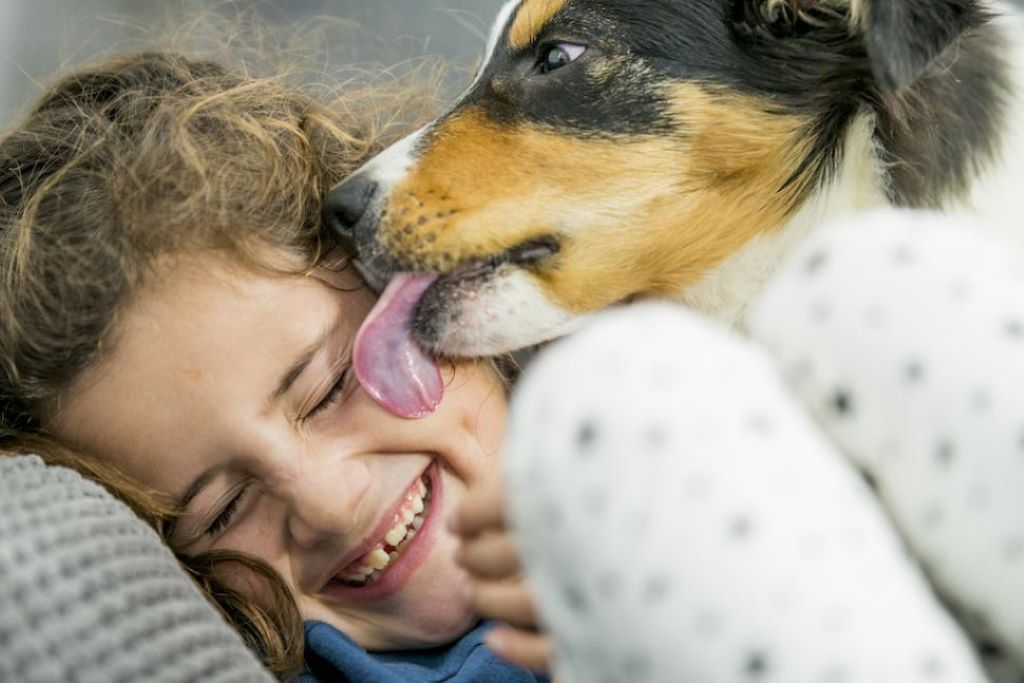For many, welcoming a new pet into the home is like adding a furry (or feathery!) family member. We shower them with love, delicious treats, and the comfiest beds. But what if there was another key ingredient to raising a well-adjusted and happy companion? Enter early socialization – a crucial yet often overlooked aspect of pet care with lifelong benefits.
Building Confidence Through Exposure
Think of early socialization as a buffet for your pet’s developing senses. It’s about introducing them to a variety of sights, sounds, smells, people, and animals in a positive and controlled way during a critical developmental window. This exposure helps them learn to navigate the world with confidence, reducing fear and anxiety later in life.
The Science Behind the Snuggles
So, why is this early exposure so important? During this sensitive period, usually between the ages of 3-14 weeks for puppies and kittens, a pet’s brain is particularly receptive to new experiences. Positive interactions during this time create positive associations, building a foundation for a confident and adaptable adult. Just like how a picky eater might be formed by limited childhood food options, a pet with restricted socialization can develop anxieties or aggression towards unfamiliar stimuli.
Beyond Belly Rubs: A Broader Definition of Socialization
Many pet owners equate socialization solely with playtime with other animals. While dog parks and puppy classes are excellent tools, true socialization encompasses a much wider range of experiences. Here’s a breakdown:
- People: Introduce your pet to people of all ages, ethnicities, and appearances. This could involve gentle interactions with children, men with beards, or people using walkers.
- Animals: For dogs, controlled playdates with well-socialized dogs of various sizes and breeds are ideal. For cats, supervised interactions with other felines or calm dogs can be beneficial (always prioritize safety).
- Environments: Take your pet on short car rides, visit pet-friendly stores, or explore different outdoor environments like parks or quiet streets. Expose them to various sights, sounds, and textures (grass, pavement, etc.) in a positive light.
- Sounds: Play recordings of common household noises like vacuums, thunderstorms, or doorbells to desensitize your pet.
Tailoring the Experience to Your Pet
The key to successful socialization is keeping interactions positive and controlled. Here are some tips to personalize the experience for your furry friend:
- Respect their pace: Don’t overwhelm your pet with too much too soon. Watch their body language and allow them to retreat if they seem uncomfortable.
- Make it fun! Use positive reinforcement with treats, praise, and engaging toys.
- Start early: The sooner you begin socialization, the better. However, even older pets can benefit from gradual exposure.
- Seek professional guidance: Consult your veterinarian or a certified animal behaviorist for personalized advice and support.
The Payoff: A Lifetime of Benefits
Investing time and effort into early socialization reaps significant rewards throughout your pet’s life. Here are just a few of the benefits:
- Reduced anxiety and fear: A well-socialized pet feels comfortable in new situations, leading to a calmer and less stressed companion.
- Improved trainability: Pets who are comfortable with different stimuli are more open to learning and following commands.
- Stronger bond with you: Positive socialization experiences create a foundation for trust and mutual understanding between you and your pet.
- Safer interactions: Socialized pets are less likely to exhibit aggression towards other animals or people, making outings and vet visits less stressful.
Beyond Dogs and Cats: Socialization for All
While early socialization is particularly crucial for puppies and kittens, it holds value for all types of pets. Rabbits, guinea pigs, and even birds can benefit from positive exposure to different people, environments, and sounds. Research the specific needs of your pet and create a personalized socialization plan.
The Final Whisk:
Early socialization is a gift you give your pet for a lifetime of happiness and well-being. By creating positive experiences with the world around them, you’re setting them up for a life filled with confidence, adaptability, and a stronger bond with you. So, think beyond the food bowl and treats – prioritize socialization as a key ingredient in your pet care recipe!







